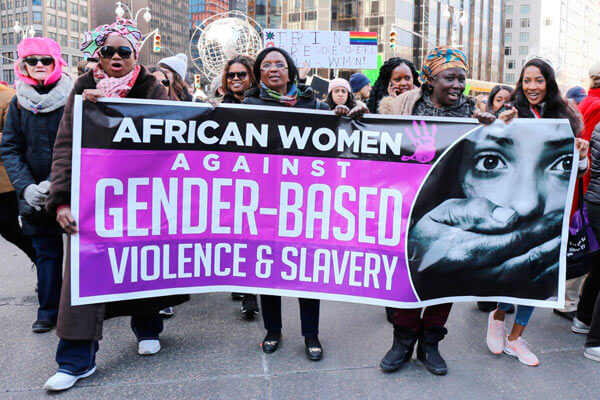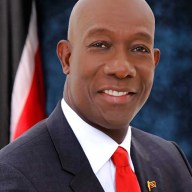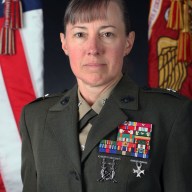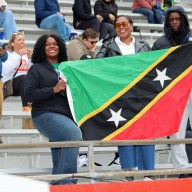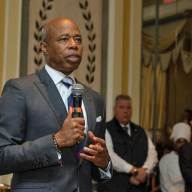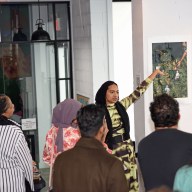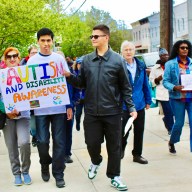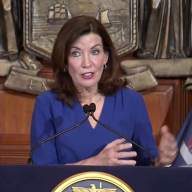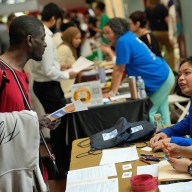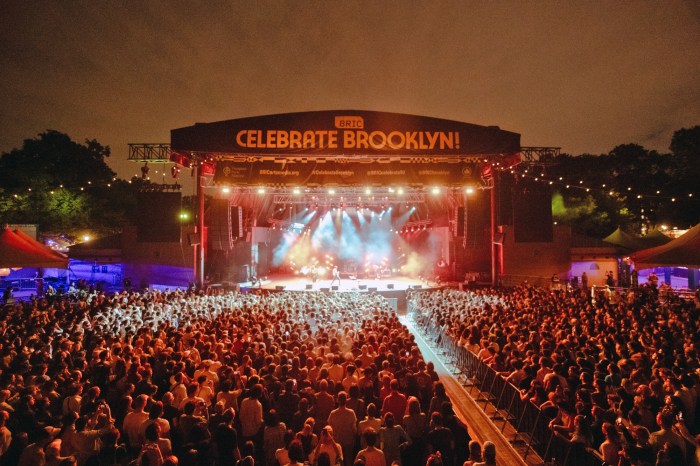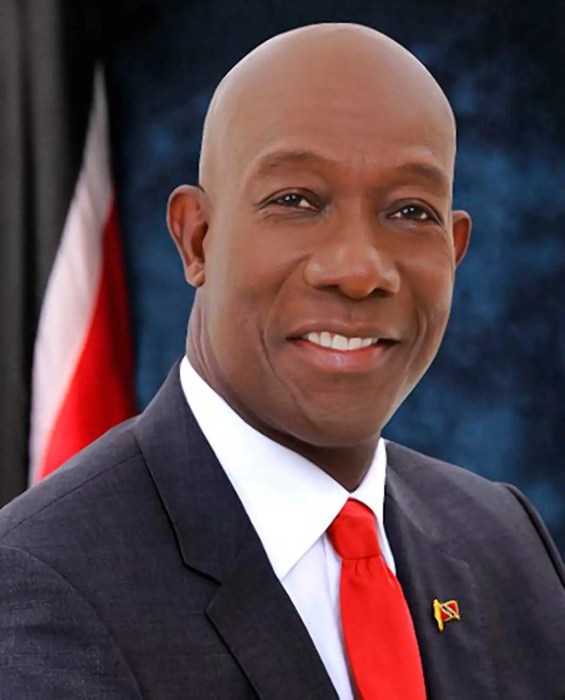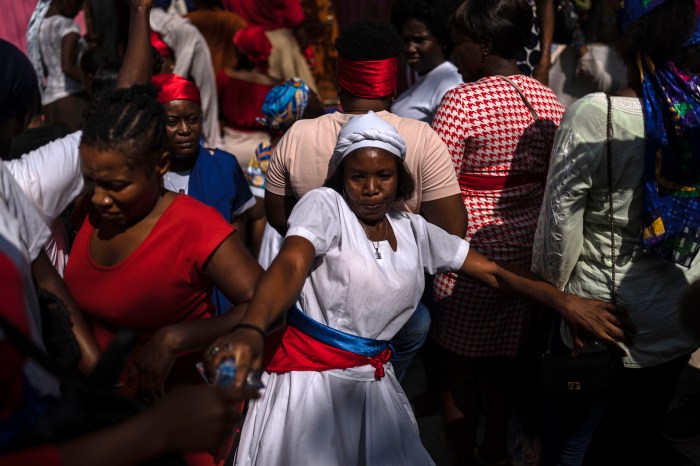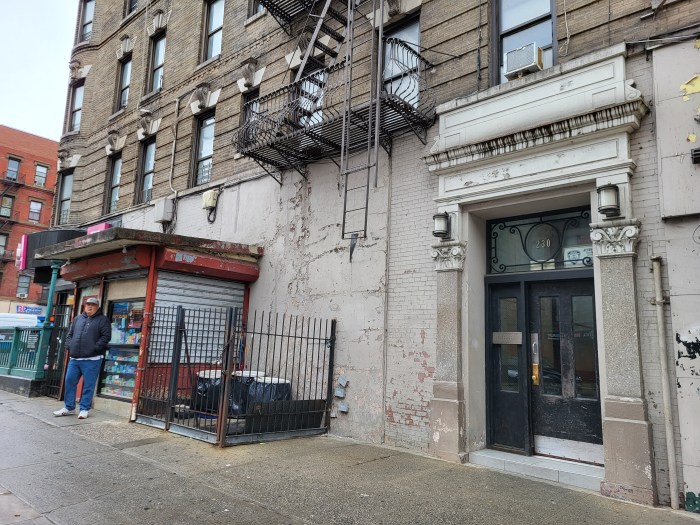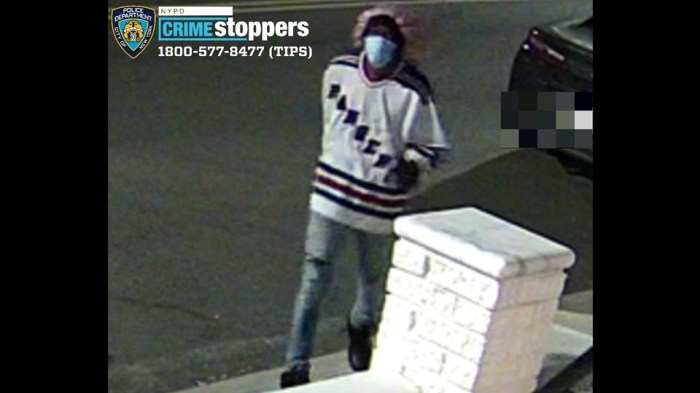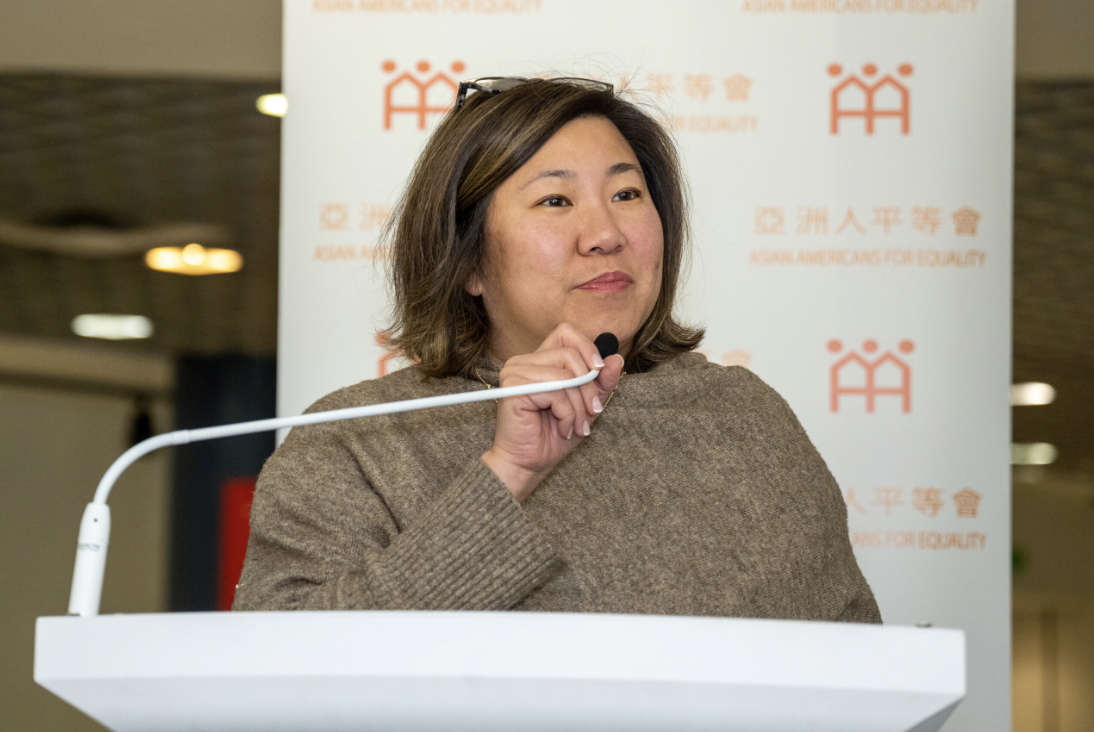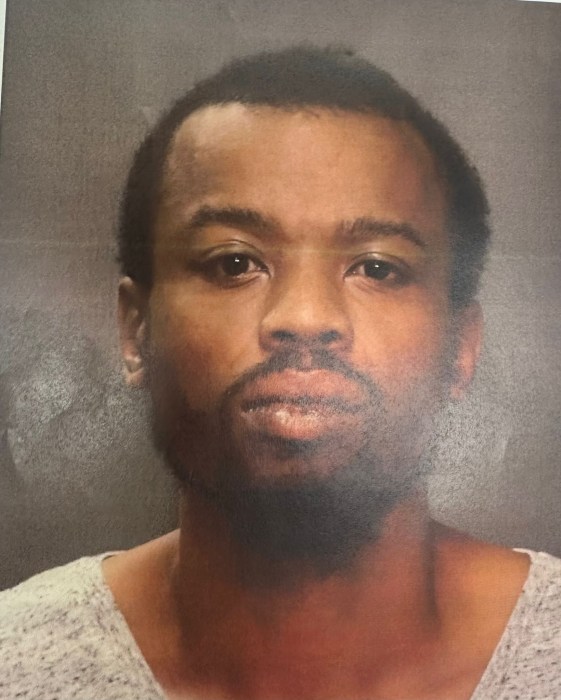They rallied. And there were many.
Moms and dads with double strollers, kids perched on their dad’s shoulders. Elderly mothers with their daughters. Senior couples, three generations together, millennials galore. Faith-based groups, gardeners, girl scouts, friendship groups and solo walkers. Lots of little girls and little boys, too. Blacks, browns and whites showed up on the Upper West Side for last Saturday’s second national Women’s March.
By the Mayor’s estimation there were 200,000, one among the many marches in major —Los Angeles had 600,000—as well as smaller U.S. cities around the country.
The Women’s March also marked the first anniversary of the Trump administration, falling on the morning of the short-lived government shutdown.
The stage for the program was at 60th Street and Central Park West, with seating for the disabled. And, as the day stretched on, the ethnically diverse crowd swelled to past 86th St., with a feeder crowd, let in bit-by-bit, from Broadway and 59th St.
Whoopie Goldberg was one of the last speakers among community activists, leaders and celebrities at the rally, before the growing throng marched. “The only way we are going to make a change is to commit to change,” echoed her powerful words. “We have to decide that the people who represent us, have to represent all of us. They can’t represent some of us.”
“We’re all human beings and we have the right to say, this is how I want to be.” And, what is a reference to what is known as the #Metoo movement, she added, “I don’t want to be spoken to like you own me, like you think you can touch me, when I say you cannot. I’m here to say, as women: we’re not going to take it anymore.”
For the final musical interlude, herding on the stage holding signs, a gaggle of young girls stood behind an elderly, seated Yoko Ono whose placard read: Imagine.
And then people marched down Central Park West and 6th Avenue.
A veteran of over 40 years and hundreds of demonstrations, Cecil Charlier walked solo in this one. Why? “I was there because I care. I think it’s important as a woman,” she said.
An immigrant from Haiti, Charlier came to the U.S. in 1965 at 19, sent by her family to escape the dangers of living under the Duvalier regime.
This demo brought her back to the 60s—a time of the war in Vietnam, the Black Panthers, and student demos in 1968 Europe, she recalls. She walked solo, but wasn’t alone, in synch and solidarity with all those around her.
“This is tremendous, a great moment for women in this country,” she now says, particularly noting the participation from the young and the crowd’s diversity. “And, it’s a growing movement.”
Charlier knows about movements, after 33 years as a Maimonides medical technologist and Union delegate, before 13 years as an 1199 community organizer and acting 1199 Vice President.
Having lived with tyranny before, an aware Charlier was shaken by last year’s presidential election. “The first Women’s March and everything else (that has happened during the year) has launched this movement,” she reflects. “Women are reawakening to the urgency.” And she’s thrilled.



